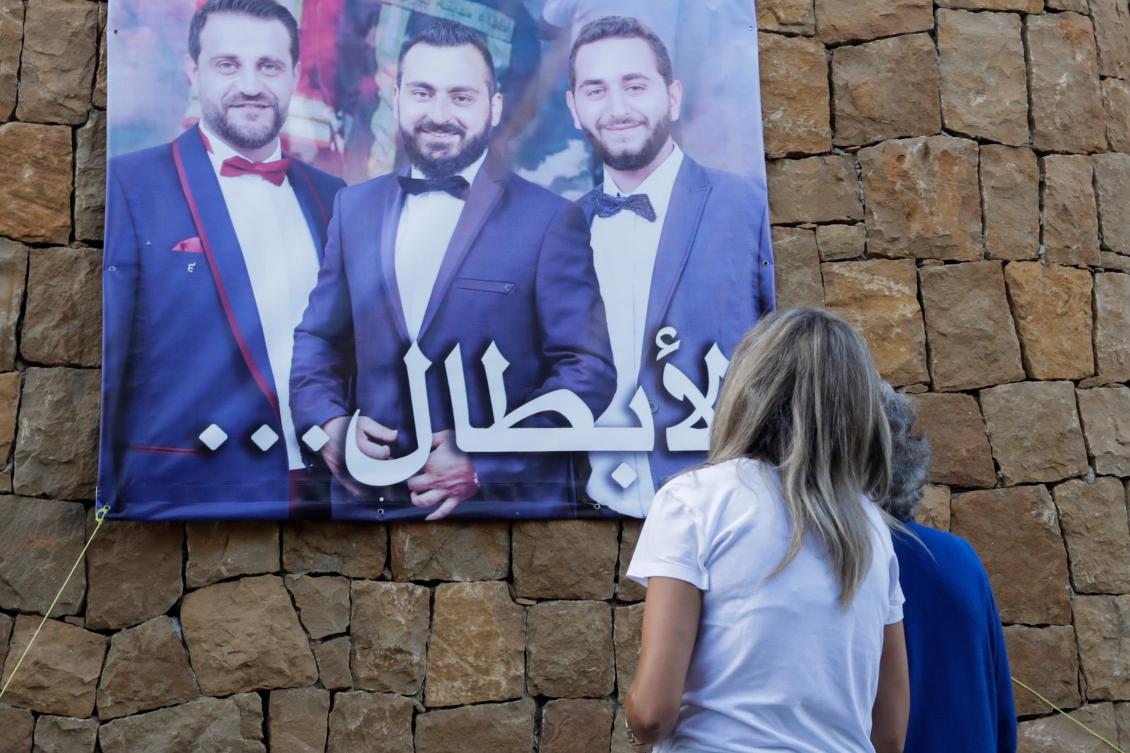Hagia Sophia prayers ‘sparked Turkey’s new COVID-19 cases’
ISTANBUL: Prayers at Hagia Sophia sparked new coronavirus cases in Turkey as preventive measures were not strictly followed during the congregational worship, according to health professionals.
Around 350,000 people swarmed the Hagia Sophia on July 24 and the area around it after the Byzantine-era landmark became a mosque again after functioning for decades as a museum.
Some of the 500 guests inside the mosque, including parliamentarians and journalists, have been diagnosed with the disease. There was a lack of social distancing and mask wearing.
The number of new daily COVID-19 cases began rising and exceeding 1,000 just after the Eid Al-Adha holidays. The government’s decision to withhold figures about the number of patients in intensive care and those who are intubated has increased concern about the country’s coronavirus reality.
Health professionals contacted by Arab News said the pandemic had worsened in the last month, and that the opening of Hagia Sophia for prayers without appropriate and tough precautions in place was a reason for the surge.
“Following the opening of Hagia Sophia, we also heard of many cases among politicians,” a doctor who preferred to remain anonymous told Arab News. “But it is because they go through a regular screening every three days in order to make sure they are healthy.”
The doctor, who works in a hospital in the central Anatolian province of Sivas, added: “If ordinary citizens also get a similar test, the real case rates will be higher. If things go on like this, there will be nobody in the hospital who is not infected … There might even be a shortage of medical personnel who either resign from the job or become sick.”
A “long list” of Muslim and Christian world leaders, including Pope Francis, were invited to the inaugural prayer at the Hagia Sofia, according to Dr. Ergin Kocyildirim, who is a pediatric cardiothoracic surgeon and an assistant professor in the Department of Cardiothoracic Surgery at the University of Pittsburgh’s School of Medicine. “It seems like none of them attended the prayer, but coronavirus did,” he told Arab News.
Kocyildirim said that a visit from President Recep Tayyip Erdogan to the Hagia Sophia the following week made it look like social distancing rules were hard to uphold inside the landmark due to the large crowds who wanted to see the president or take pictures.
“I believe those images made many health care professionals feel upset, as a sudden step like this might ruin the months-long efforts to contain the virus. While trust takes time to be established, it can be lost quickly,” he added.
Health professionals warned that several Anatolian provinces were bearing the brunt of the pandemic with a sharp rise in local cases since the beginning of June, when anti-contagion measures were relaxed and intercity travel as well as crowded wedding ceremonies were permitted.
Government reports of daily cases have been disputed by some health professionals and the Turkish Medical Association (TTB), claiming that the actual daily figure is more than 3,000. The Health Ministry has also been criticized for ignoring the filiation method as a form of contact tracing among close relatives in order to artificially decrease the number of cases and open the way for tourism and the normalization of economic activity.
“When thousands of health professionals are fighting against the disease, and when dozens of citizens lose their lives because of the pandemic, everyone and especially public authorities should have been much more responsible,” Murat Emir, a parliamentarian from the main opposition Republican People’s Party and a doctor by profession, told Arab News.
“Unfortunately, during the opening of the Hagia Sophia Mosque, thousands of citizens gathered without respecting social distancing measures and wearing face masks. Various municipalities from Anatolia organized bus tours to this opening, and nobody knows whether they got an official code from the Health Ministry for domestic travel or sat with social distancing during transit.”
Emir warned that such gatherings where social distancing measures were not applied were enough to fuel the spread of COVID-19.
To date 5,858 people have died from the virus in Turkey, according to official figures, and the country is not yet on the list of safe travel countries regularly updated by the EU.

Turkey ‘re-conquers’ Hagia Sophia amid international disapprovalTurkey condemns Greek reaction to Hagia Sophia prayers





